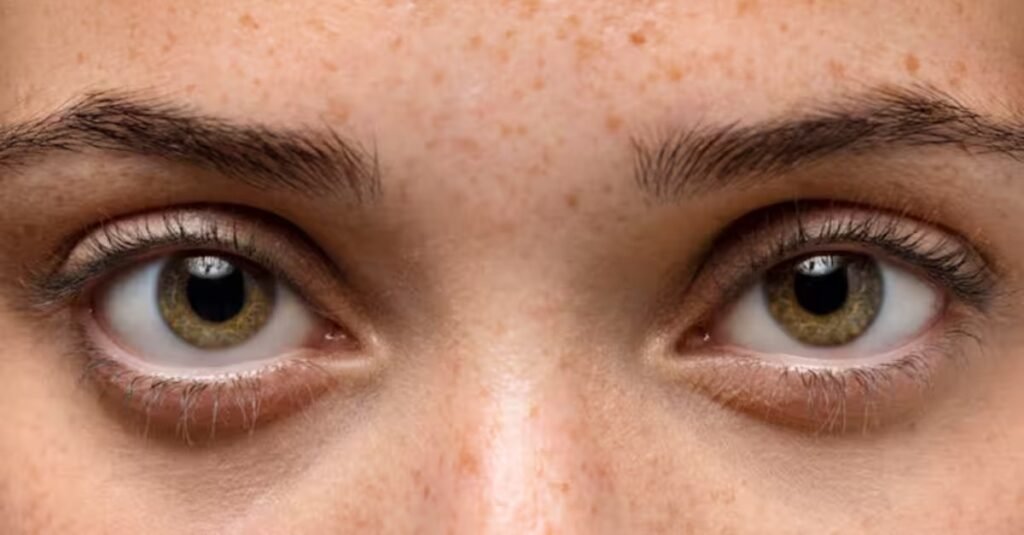
Canadian researchers have found that a person’s biological aging rate and risk of heart disease may be inferred from the little blood vessels in their eyes. According to a study that was published in the journal Science Advances, retinal scans could eventually offer a noninvasive insight into the body’s overall vascular health and biological ageing condition. New opportunities for early detection and intervention would result from this. “By linking retinal scans, genetics, and blood biomarkers, we have found molecular pathways that help explain how aging affects the vascular system,” said Marie Pigeyre, an associate professor in the Department of Medicine at McMaster University in Canada.
“Changes in the retinal blood vessels often mirror changes in the body’s small vessels,” Pigeyre added. The researchers analyzed blood samples, genetic information, and retinal scans from more than 74,000 volunteers to carry out the study. It was shown that those with simpler, fewer branched blood capillaries had a higher risk of cardiovascular illnesses and displayed biological aging symptoms including increased inflammation and a shorter lifetime.
Many tests are currently needed to evaluate age-related illnesses such dementia, heart disease, and stroke. Retinal scans alone may one day be a rapid, easily accessible method of evaluating cardiovascular risk and aging. But additional study is required. In order to identify potential biological explanations for changes in the blood vessels in the eye, the team also examined genetic data and blood biomarkers.
